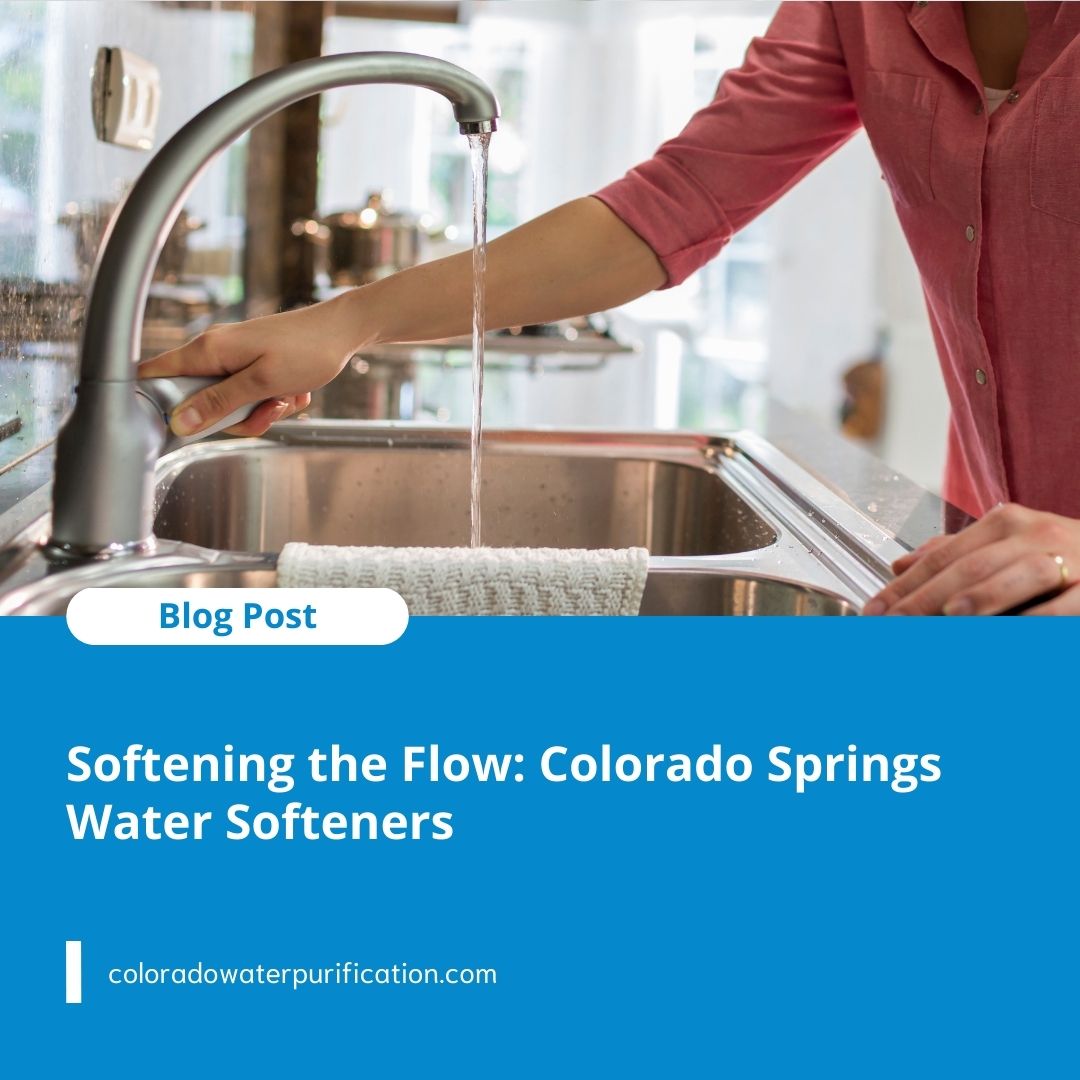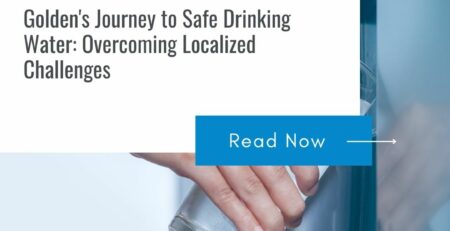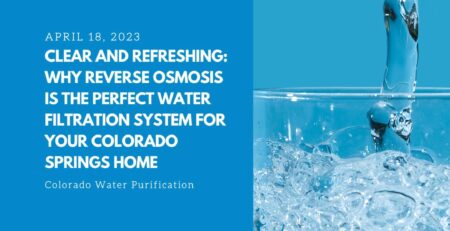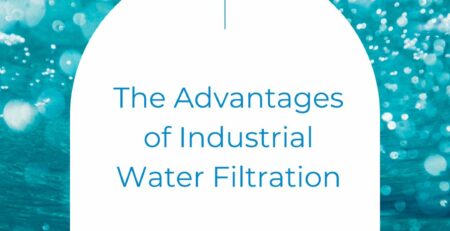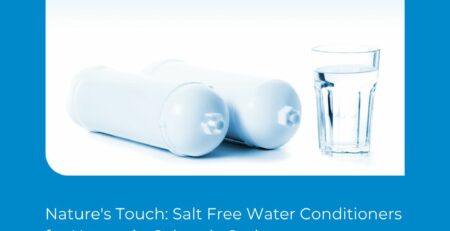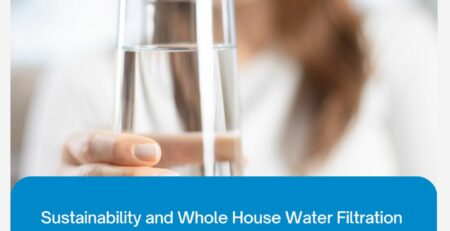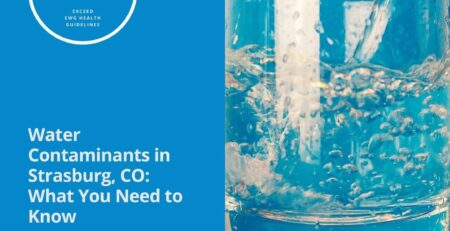Softening the Flow: Colorado Springs Water Softeners
For many home owners in Colorado Springs, hard water is a very familiar problem: calcium and magnesium ions in the water supply can cause a build-up of limescale around your pipes, leading to deterioration and loss of efficiency over time. Hard water also can affect the taste and texture of food when cooking — transferring an unpleasant “off” flavor that doesn’t do justice to your carefully prepared dish. Fortunately, there is an easy solution: installing a professional water softener for your home in Colorado Springs. Not only will this help you avoid costly repairs associated with limescale buildup damage but it can significantly improve your overall showering and bathing experience as well as increase the lifespan of appliances such as washing machines. In this blog post we’ll dig into some details on how these systems work, the cost factors involved, benefits they offer home owners like yourself — plus tips for getting the most from them!
What is water softening and why does it matter for your home in Colorado Springs and beyond
Water softening is a process that removes the minerals in hard water, such as calcium and magnesium, making it gentler on appliances such as dishwashers, washing machines, and water heaters. Installing a water softener in your home can bring several benefits including reducing the amount of soap and detergent you need in laundry and dishes, preventing soap scum build-up, and preserving the quality of clothing and bedding. In Colorado Springs, having a water softening system is especially important as hard water can affect the taste and quality of drinking water. Beyond this city, water softening can help keep your plumbing systems from corroding, avoiding expensive repairs. Overall, water softening is a smart investment that can protect your home and improve water quality for everyday use.
Factors to consider when selecting the right water softener for your needs
Selecting the right water softener can be a daunting task, especially since there are so many options available on the market. However, it is crucial to take the time to consider the right factors to ensure that the softener you choose meets your needs. Firstly, it’s essential to consider your water hardness level as this will determine the type of softener you need. Other factors to consider include the size of your household, budget, and whether you want a salt or salt-free softener. Additionally, consider the efficacy of different water softeners and their maintenance requirements. By taking these factors into account, you’ll be able to identify the best water softener for your needs.
Advantages of installing a water softener, including improved appliance lifespan and reduced limescale build-up
If you’re tired of constantly dealing with limescale build-up on your faucets, showerheads, and appliances, it may be time to consider installing a water softener. Not only will it make cleaning a breeze, but it can also extend the lifespan of your appliances. Hard water can cause mineral buildup in your pipes and appliances, which can lead to clogs and less efficient functioning. By removing minerals such as calcium and magnesium from your water supply, you can reduce the amount of damage on your appliances and pipes, saving you money and hassle in the long run. Say goodbye to frustrating mineral build-up and hello to softer, more manageable water with a water softener.
Common types of water softeners and their benefits
When it comes to keeping your water free from minerals that cause buildup and unwanted residue, water softeners are a great solution. There are a few different types of water softeners on the market, each with their own unique benefits and features. Salt-based water softeners, for example, can remove a wide variety of minerals and impurities and are highly effective. On the other hand, salt-free water softeners use alternative methods to soften water, making them great for those who are conscious about their sodium intake. No matter which type of water softener you choose, you’ll enjoy benefits like softer skin and hair, brighter clothing, and minimized damage to your appliances and plumbing system.
Maintaining your water softener for optimum performance
If you own a water softener, you know how important it is to keep it functioning properly. A well-maintained softener can provide you with clean, soft water that’s free of mineral buildup, and protect your pipes and appliances from hard water damage. There are a few key steps you can take to ensure your water softener is operating at its best. First, be sure to regularly check the salt levels in your tank and add salt as needed. Next, clean the resin bed regularly using a resin cleaner to prevent buildup. Finally, don’t forget to check your system’s settings and make adjustments as necessary. With proper maintenance, your water softener can provide you and your family with soft, great-tasting water for years to come.
Steps to take if you are experiencing any problems with your system
Experiencing problems with your system can be quite frustrating and initially might cause panic, but there are a few steps that you can take to address the issue. First, try to identify the problem as specifically as you can. Is it a software issue or a hardware issue? Make sure there are no simple solutions that you may be overlooking, like restarting your computer or updating your system software. If you are still unable to rectify the issue after trying all the basic troubleshooting options, it’s best to seek professional help. You can contact customer support or a local IT specialist who can diagnose and fix the problem. Taking these steps can save you time and ultimately lead to a more efficient system.
In conclusion, water softening is an important process in Colorado Springs and beyond; it plays a vital role in keeping homes safe from limescale build-up and costly breakdowns from appliance damage. Whether you already have a system installed or are considering replacing it, consider factors like which type of water softener meets your needs, the size of your unit, and your local water quality report to help you make the best informed decision for your home. Maintaining your water softener on a regular basis is the key to preventing future issues so be sure to follow the manufacturer’s instructions for optimal performance. If you’re still having any problems, reach out to professional technicians that can provide the assistance needed to diagnose and repair any issues with your system as quickly and efficiently as possible. If this post has motivated you to explore my services on water softening, please contact me today – I look forward to improve the quality of life of Colorado Springs residents with my expertise!

